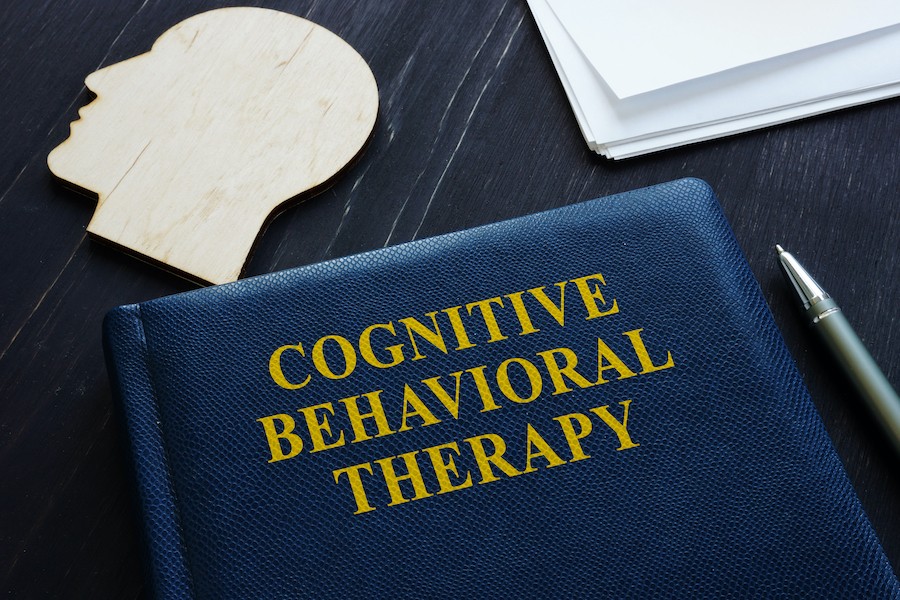How CBT can help with the Mental Health Crisis

It is no secret that funding in the UK public health system is stretched. Some reports have labelled the mental health crisis as a “silent catastrophe” or an “epidemic”.
In the UK, one in four people will experience a mental health problem each year. Figures such as these cannot be ignored as an increasing number of people, from all walks of life, are reaching out for mental health treatment, and just as often these people are not receiving the treatment they desperately need.
Mental health affects each one of us, directly or indirectly, every single day.
Royal figureheads like Prince William and Harry have made pleas for mental health to be taken more seriously over the past few years. As a move towards awareness in 2020, the FA Cup and the Heads Together campaign, fronted by Prince William, have announced they will allocate 60 seconds before each game to give people a moment to reflect on their mental health. As specialists who are on the frontline of mental health treatment, we believe this is a big step in the right direction and takes the stigma away from talking about this in public spaces. What it also does is make mental health comparable to physical health – a notion that needs further emphasis.
A significant area for concern comes from evaluating whether or not an individual requires urgent treatment. Mental illness very often hinders or delays the acknowledgement of there being a problem in the first place. When a person seeks out help, there is a reality that a breaking point occurred. At this point, it is vital to have support systems in place for this individual.
But with public health services cash-stretched and the demand is higher than ever, patients are prioritised and find themselves being “not sick enough” to get the necessary treatment. We see an unhealthy cycle develop that prioritises patients who have reached out for help; patients find themselves on a waiting list, reach a crisis point in the meantime and, as a result, their mental health deteriorates even more.
At Onebright, we understand that the best treatment is fast, professional and informed from qualified BABCP therapists. Each therapist at Onebright has a specialist area of expertise because finding the right therapist for you is just as important as the care itself. Cognitive Behavioural Therapy is an empowering road to recovery that has provided thousands of satisfied clients with the skills and positive coping mechanisms to use for the rest of their lives.
If you or someone you know is going through a hard time, don’t delay treatment. As with a physical injury, the longer it remains untreated, the worse it can become. Do it for your family, friends, partner and most importantly, yourself.
It is easy to make an appointment with one of our therapist; please give us a call.
